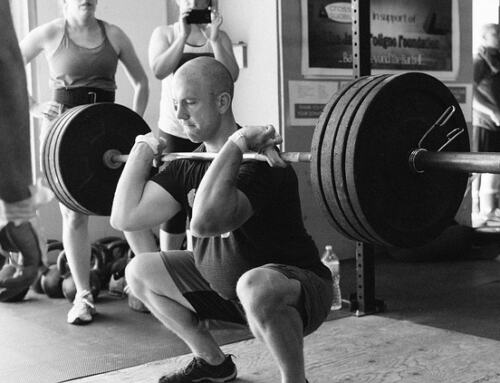9 Ways to Normalize Your Hormones
There are straightforward, pharmaceutical methods for altering specific hormones, and, as I showed in last week’s testosterone replacement therapy post, they can really help. But a safer intervention for your overall endocrine environment is a systemic one. Some might call it scattershot approach in that one input affects multiple endocrine targets. I’d say, “That’s the whole point.”
Today, I’m going to give you some tried and true methods for helping to normalize your endocrine health. These are things that apply to everyone, as far as I can tell. They won’t fix every problem, but they’re good places to start. Whether you’re a post-menopausal woman, a 21-year-old bodybuilder worried about overtraining, or a thyroid patient, these interventions can’t hurt and will probably help.
Sleep
When you sleep poorly, everything falls apart, including the normal function and patterns of testosterone,
thyroid, and growth hormone. Sleep loss itself alters the activity of the master endocrine organ, the pituitary gland, so following good sleep hygiene is a non-negotiable.
Sleep in a cold, dark, quiet room.
Get plenty of bright natural light throughout the day, especially the morning, and limit bright light after dark, especially blue and green lights. Sun lamps can help if actual natural light is unavailable during the day. Blue-blocking goggles or glasses like these (inexpensive, block blue but not much green light) or these (expensive, but block both blue and green) can help at night.
Use the seasonal variation of daylight as a rough barometer for how much sleep to get. In the summer, when it’s lighter longer, you can probably get by with 7-8 hours. In the winter, when it’s darker longer, you should aim for 8 at a minimum and 9 as an ideal.
Check out TS Wiley’s Lights Out for a full treatise on seasonal sleep variations, and why they’re so important.
Make the effort—nay, commitment—to get more sleep. Stop fiddling with your phone at 10 PM (you always regret doing it). Don’t fall asleep with the TV on (read a book instead). Get a bedtime routine.
Get Your Diet in Order
To make hormones, you need the basic structural building blocks. That means eating enough dietary fat, especially saturated, monounsaturated, and omega-3 fats.
Cholesterol is an important building block, too, and has been shown to increase muscle and strength gains in weight training adults, an indication of testosterone boosting.
Minerals like zinc, selenium, magnesium, and calcium are also extremely important for healthy hormone production and metabolism.
You also need to make sure you’re eating enough calories—not too many, not too few—as the amount of food you eat sends a strong signal about the bountifulness of the environment around you. Hormones like leptin, thyroid, testosterone, insulin, and others all perceive and are modulated by the caloric balance. Your endocrine system responds to the availability of energy by up- or down-regulating hormone production. You’re not going to get pregnant very easily during a famine, nor will you produce much testosterone if you’re obese.
Carb/glycogen balance is another indicator your endocrine system uses to determine production. If you’re training hard and burning through glycogen, you’ll probably need to eat some carbs. If you’re just doing easy slow movement, some sprints, and strength training, you probably don’t need extra carbs. The key is to eat the carbs that you earned—no more, no less.
[…]
Click here to view original web page at www.marksdailyapple.com








